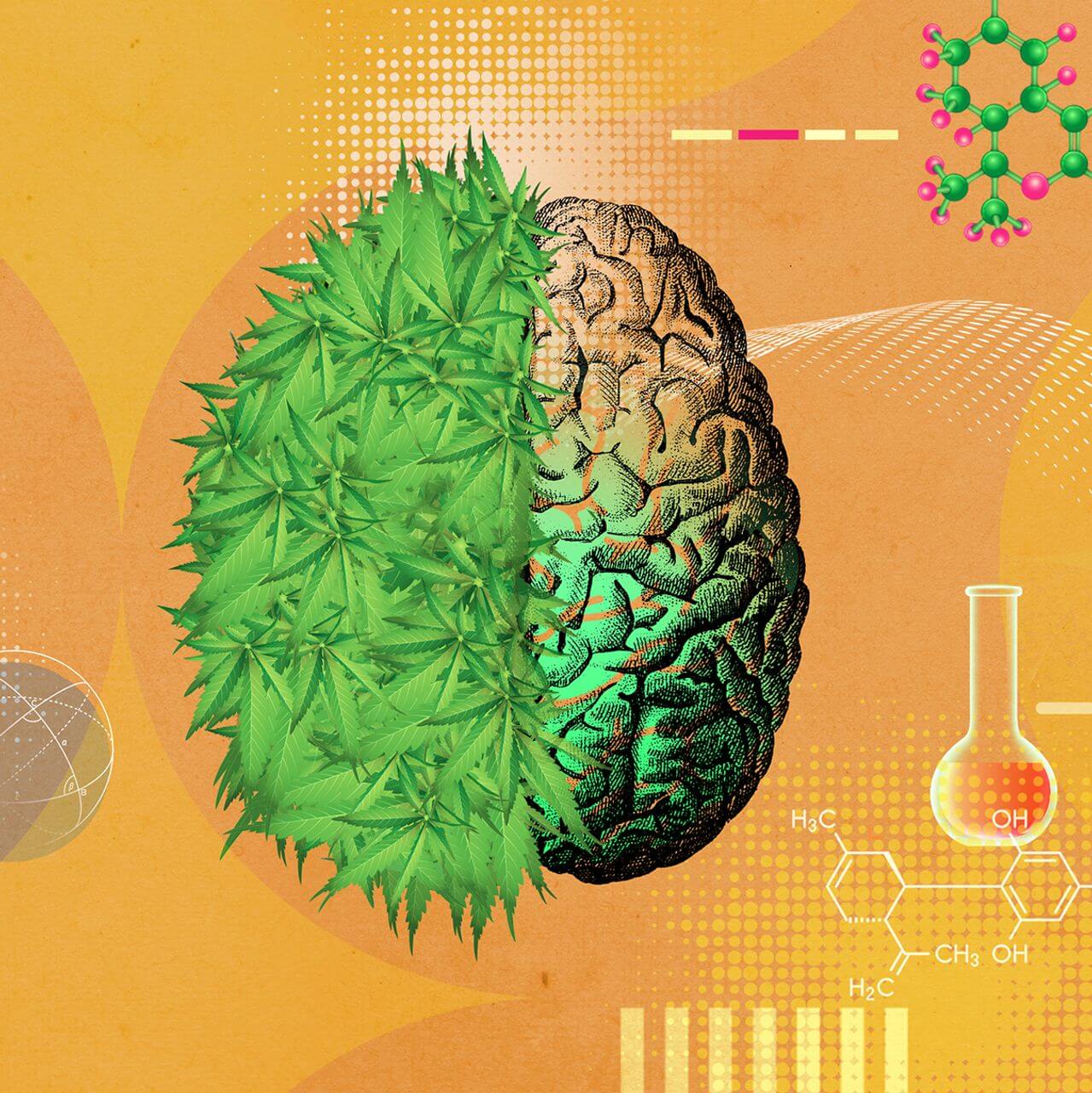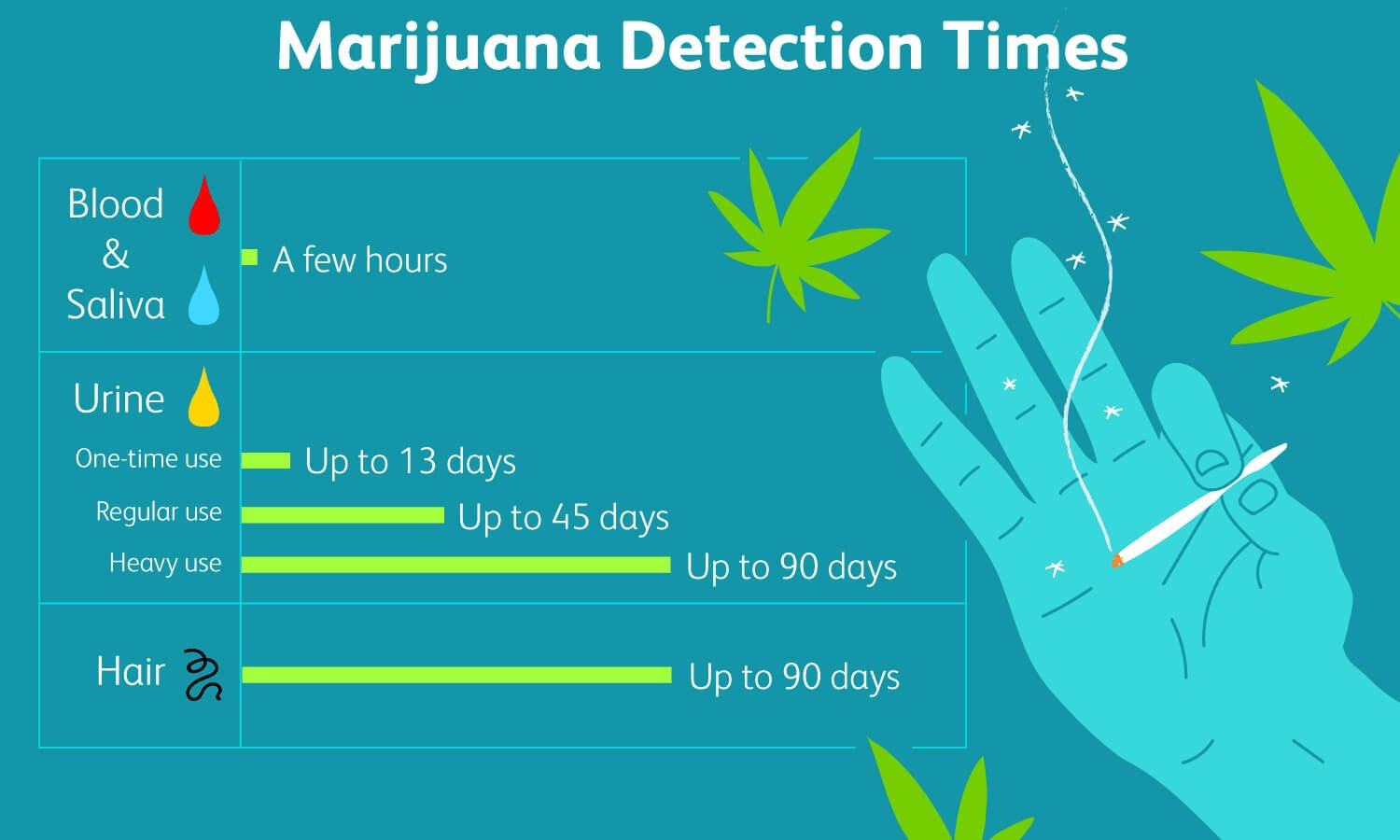What feels if take much cannabis product
When consuming cannabis products in excess, individuals may experience a state of high feeling or euphoria.
This feeling can be described as a sense of joy and happiness, often accompanied by an increase in energy and alertness.
Additionally, users may experience heightened sensory perception and intense feelings of relaxation.

At higher doses, the effects can become more intense and have a more pronounced impact on the user’s thoughts and emotions.
Some people may report feelings of being “on top of the world” or invincibility while others may feel an increased appreciation for music and art, as well as enhanced creativity.
For some users, cannabis has been reported to bring about powerful spiritual experiences or “peak moments” where they feel one with their environment.
Unfortunately, these intense effects can also be accompanied by unwanted side effects such as
- paranoia
- anxiety
- confusion
- nausea
- loss of coordination
In addition to these physical symptoms, there is also potential for long-term psychological damage resulting from excessive use of cannabis products such as
- memory issues
- impaired cognitive functioning
- reduced motivation levels
Therefore it is important to practice caution when using cannabis products to ensure that the benefits are enjoyed without any unnecessary risks.
The Risk of take too much cannabis
Excessive use of cannabis products can be potentially dangerous and carries a number of risks.
When taken in large doses, the effects of marijuana can be unpredictable, with some users experiencing intense feelings of euphoria or paranoia.
It is important to remember that the amount of THC (the psychoactive component in marijuana) in each product varies significantly depending on strain and growing conditions.
As a result, it is possible to take too much without realizing it and this can lead to serious physical and psychological issues.

One of the most concerning risks associated with taking too much cannabis is an increase in anxiety or panic attacks.
This occurs when the body’s natural systems become overwhelmed by the sudden influx of THC and the individual experiences an intense feeling of fear or dread.
In extreme cases, these episodes may require medical attention as they can cause severe distress and even lead to self-harm if not managed properly.
In addition to psychological issues, taking too much cannabis can also have physical consequences such as
- dizziness
- disorientation
- nausea
- vomiting
These symptoms are usually temporary but they indicate that an individual has taken too much THC for their body to handle safely at that time.
Additionally, long-term overuse of cannabis may lead to tolerance build-up which can reduce its effectiveness over time as well as cause withdrawal symptoms if abruptly stopped or decreased.
Furthermore, chronic heavy use of cannabis may also contribute to problems with memory and concentration.
Research studies have shown that frequent high doses of marijuana can impair short-term memory formation and executive functioning skills such as planning and problem solving.
Additionally, excessive consumption has been linked to reduced motivation levels which could affect performance both academically and professionally if left unchecked.
Overall, it is important to proceed with caution when using cannabis products so as not to put oneself at risk for any unpleasant side effects or long-term damage due to overconsumption.
By sticking to recommended dosages outlined by manufacturers or consulting professionals experienced in cannabinoid medicine when necessary, individuals should be able enjoy the beneficial effects while avoiding potential complications from taking too much THC at once.
How long does weeds in your system.
When it comes to cannabis, the amount of time it takes for the drug to leave your system varies depending on a variety of factors.
Generally speaking, THC (the active ingredient in marijuana) can stay present in your body from anywhere between a few days to several weeks or even months, depending on usage and various other elements.

The amount of cannabis ingested and how often it is used can impact how long it remains detectable in the body.
In general, small doses that are taken infrequently will stay in the system for a shorter duration than larger amounts consumed more frequently.
Additionally, if the user has built up a tolerance over time due to regular use then they may have a higher level of THC present in their body which could cause it to remain detectable for longer periods.
In terms of testing methods, urine tests are usually considered the most effective way to detect THC because they are able to pick up traces even after extended periods of time.
Blood tests also have similar levels of sensitivity but they may not be as accurate as urine tests due to their shorter window of detection.
Hair follicle testing is also available but this type of test is much less common and its accuracy can depend on individual factors such as hair color and texture.
Overall, when looking at how long cannabis stays in your system there are many variables that can affect the length of detection times.
The best way to ensure that you will not fail any drug test is by avoiding marijuana altogether or abstaining for at least one month prior to testing if abstinence is not an option.
Additionally, drinking plenty of fluids and exercising regularly can help speed up the removal process so that you can get back into compliance with whatever regulations are applicable.
How to come down from a high
Coming down from a high after taking too much cannabis can be an uncomfortable experience, but there are several steps that one can take to help alleviate these symptoms.
The first thing to do is to stay calm and remember that the feeling of being high will pass in time.
Anxiety and fear can make the effects of being high seem more intense and it is important to keep things in perspective.
Taking deep breaths or engaging in mindful activities such as meditation or yoga can help to focus on calming thoughts rather than worrying about the intense feelings experienced during a high.

In addition, drinking plenty of fluids can help flush out any excess THC from the body, while munching on nutrient-rich snacks such as nuts and fruits can replenish energy levels.
Taking a hot shower or bath might also help relax the mind and body while aiding in reducing some of the physical symptoms associated with being too high.
If possible, it is also helpful to spend time with friends as talking through ones’ experience together may help take away some of the unpleasantness.
It is important for individuals who have taken too much cannabis not to drive or operate any machinery until they feel back to normal again as reaction times could be impaired due to their altered state.
Finally, for those who experience severe psychological or physical discomfort after taking too much cannabis, it may be beneficial to seek professional medical advice from a cannabinoid specialist who can provide personalized treatment recommendations tailored specifically for their individual situation.
